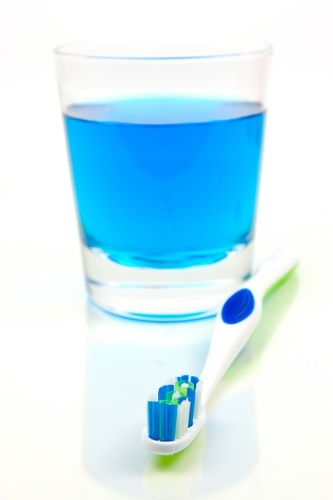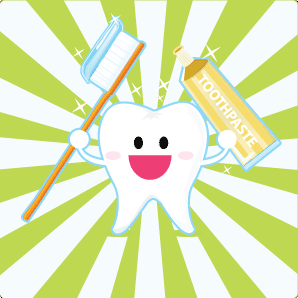In general dentistry, technological advances have become a major part of prevention. The DIAGNOdent Laser Cavity detector is a laser we use to detect the tiniest, hidden bits of decay and demineralization in your teeth. Previously undetectable areas and amounts of decay are now caught by this laser. It almost sounds too good to be true, right? Just how does this amazing technology work?
The DIAGNOdent is a small hand piece that Dr. Peter Pate will use to scan your teeth, gums, and entire oral cavity. Using a completely safe, high-powered light to illuminate your mouth, we will be able to easily identify abnormalities based on the way the light appears.
Scientists discovered that altered tooth substances and bacteria will give fluorescent feedback at certain wavelengths of light, while normal tissue and areas will appear a constant color throughout.
The DIAGNOdent operates at a wavelength of 655 nm. At this wavelength, clean teeth will have no fluorescence. The machine will display low scale readings. If any tooth has decay and/or demineralization, it will show fluorescence and the display readings will be high.
The device is equipped with audio signals to point out areas of concern. This audio guide allows us to stay focused on you during your exam, rather than constantly watching the computer monitor.
The process will be very fast and completely comfortable for you. After your exam, you can feel confident about the health of your teeth without worrying about what problems might be lurking in the hard-to-see areas of your mouth. This is just another perk of having regularly scheduled dental exams and cleanings.
Dr. Pate and his team will use the latest technology to help you attain the best possible oral health. Just call Dentistry in Buckhead today at 404-266-9424.







